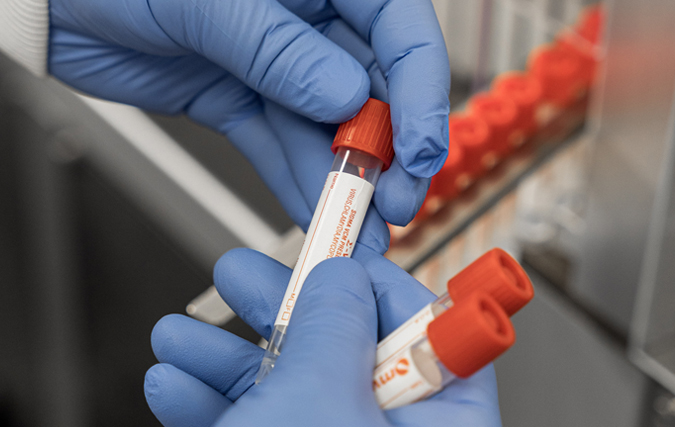A study done by Cardiff University showed that SIGMA-VCM™ transport medium met and exceeded the basic requirements for transport of bacteria set out by the Clinical and Laboratory Standards Institute Standard M40-A2.
A common sexually transmitted infection, Ureaplasma, can come in two species, Ureaplasma parvum and Ureaplasma urealyticum, as well as multiple serovars. Infection with Ureaplasma can result in premature births, making its effective diagnosis and treatment imperative.
Given the delicate nature of Ureaplasma, the effective transport of clinical samples so that viability of the bacteria is maintained is an essential part of an effective diagnosis. The Clinical and Laboratory Standards Institute Standard M40-A2 gives a minimum basic requirement of 48 hours for bacteria to survive in transport devices at ambient or refrigerated temperatures.
The study evaluated the stability of Ureaplasma in MWE’s SIGMA-VCM™ transport devices with standard Sigma foam swabs or PurFlock swabs at 4 different temperatures over 264 hours, to ensure they meet the basic requirements and to study how Ureaplasma copes with different conditions and freeze-thaw cycles.
Conclusions from this study showed that, SIGMA-VCM™ transport medium met and exceeded the basic requirements for transport of bacteria set out by the Clinical and Laboratory Standards Institute Standard M40-A2.
Viability of Ureaplasma species in SIGMA-VCM™ transport medium was stable for 4 days at room temperature. Viability could be extended to at least 264 hours if kept at 4˚C. Ureaplasma species were more stable at -20˚C with freeze thaw cycles in transport medium, suggesting the physiology of Ureaplasma spp. is more robust than Mycoplasma hominis. The extended viability shown with freeze-thaw cycles is of particular importance as it allows Ureaplasma to be stored for an extended length of time, allowing important specimens to be kept for research purposes and investigated at a later date.
To read the study click here
